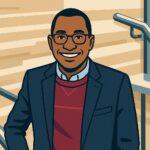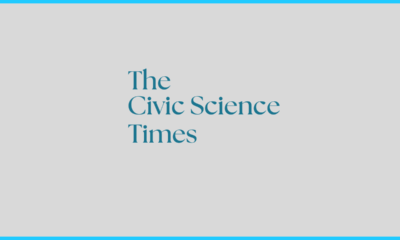Civic Science Observer
Training: Inspiring young people with stories in science
What is your scientific origin story? When did science first captivate you? Who were the people who truly engaged you in the scientific process and taught you how to think? As scientists, we often forget – and do not share enough – those experiences that inspired us into science, technology, engineering, and mathematics (STEM) in the first place. Yet, young people must hear these experiences, or scientific origin stories, as part of their training. A platform for sharing STEM stories is urgently needed to capture these narratives and share them with young people around the world.
We often get bogged down in the day to day obstacles – failed experiments, struggles to obtain funding, and the publication process, just to name a few. But, amidst these challenges, it is imperative that we do not forget our passion for discovery in science. We must start from the beginning, reflecting deeply on those experiences that ignited our scientific fervor. Even tenured academic scientists need to be reminded of the first sense of curiosity that guided them into the scientific life. And ultimately, we must share this excitement with others.
We implore scientists to share their sense of wonder and encourage young people to explore bravely and question everything about the natural world. As scientists, it is our responsibility to demonstrate that science is a medium by which we learn to think. It is critical that we emphasize to the youth that failure ought to be embraced rather than feared. The time has come for scientists to collect and share their scientific origin stories with young people around the world.
Fanuel Muindi is a former neuroscientist turned civic science ethnographer. He is a professor of the practice in the Department of Communication Studies within the College of Arts, Media, and Design at Northeastern University, where he leads the Civic Science Media Lab. Dr. Muindi received his Bachelor’s degree in Biology and PhD in Organismal Biology from Morehouse College and Stanford University, respectively. He completed his postdoctoral training at MIT.

-
 Audio Studio1 month ago
Audio Studio1 month ago“Reading it opened up a whole new world.” Kim Steele on building her company ‘Documentaries Don’t Work’
-
Civic Science Observer1 week ago
‘Science policy’ Google searches spiked in 2025. What does that mean?
-
Civic Science Observer1 month ago
Our developing civic science photojournalism experiment: Photos from 2025
-
Civic Science Observer1 month ago
Together again: Day 1 of the 2025 ASTC conference in black and white
Contact
Menu
Designed with WordPress






















